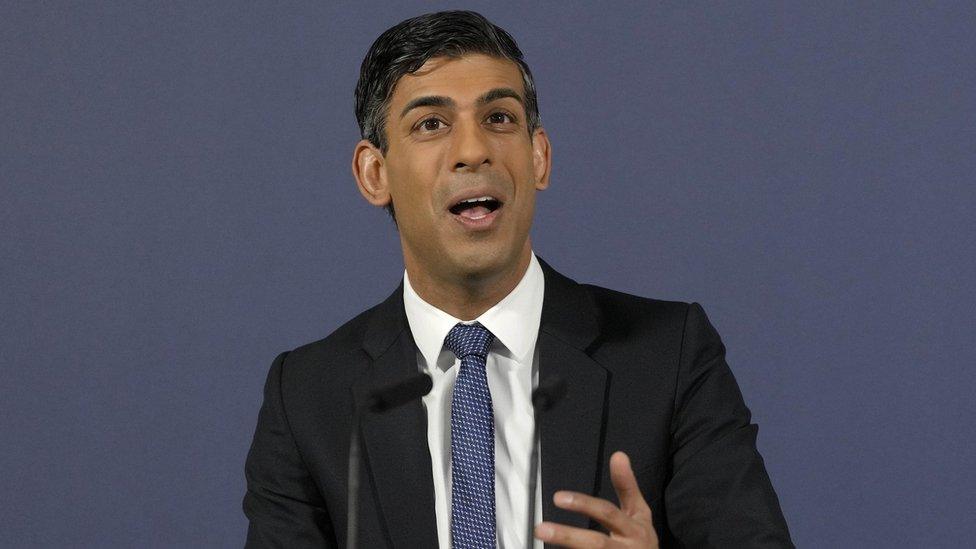More London children get first-choice primary school

An increasing number of parents are choosing to leave London due to changes in their "working patterns"
- Published
More children in London are securing a place at their top choice of primary school, amid a decrease in demand for places across the capital.
Applications for places at primary schools in London have fallen this year, with families leaving London because of changes to "working patterns" playing a part, councils say.
Overall, 88.57% of pupils received an offer from their first preference, up from 87.93% last year, figures show.
Across the capital, 87,277 pupils applied for a primary school place, a 2.67% decrease on last year.
London Councils, a cross-party organisation that represents London's 32 borough councils and the City of London, and which collated the figures, said application numbers were affected by a range of factors.
This, it said, included the falling birth rate and families leaving the city during the pandemic and following Brexit.

There are concerns that schools may be forced to merge or close if numbers continue to fall
However, a breakdown by London borough shows significant differences in the proportion of families securing their top choice, with more than a quarter of youngsters missing out in one borough.
Kensington and Chelsea had the lowest proportion of children getting their top choice at 70.53%, followed by Camden where 81.30% secured their first preference.
In contrast, the City of London and Barking and Dagenham had the highest proportions of first preferences at 95.83% and 95.52% respectively.
The councils have warned that the reduction in demand for primary school places could impact funding of individual schools as the majority of school revenue funding is allocated on a per-pupil basis.
A report, by London Councils in January, warned that school leaders and local authorities could be forced to merge or close schools amid funding pressures.
There is also concern schools may have to reduce the number of teaching and support staff, or narrow the curriculum and offer fewer extracurricular opportunities.
Ian Edwards, executive member for children and young people at London Councils, said: "London boroughs are continuing to work with schools experiencing decreasing demand for school places to achieve good outcomes for young Londoners.
"London still has the best performing schools in the country and it is essential we protect them in this difficult climate."
- Published16 April

- Published17 April 2023

- Published10 April 2023
